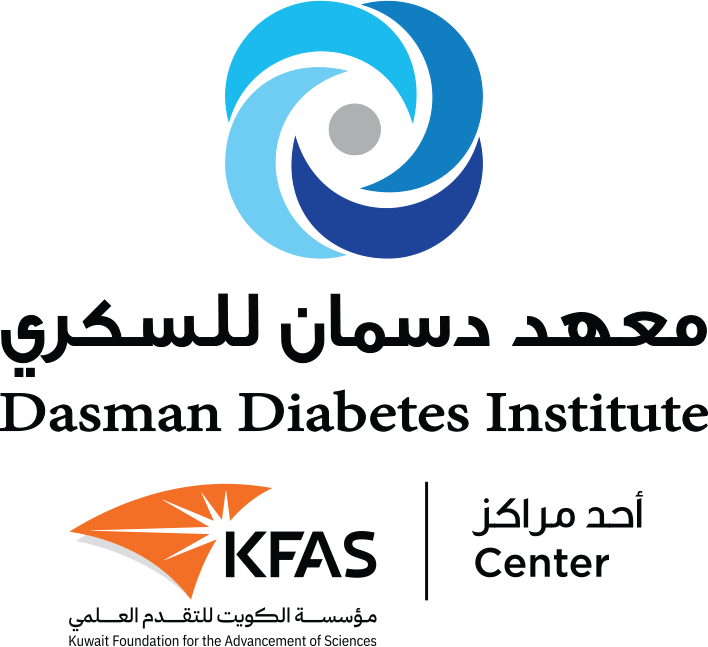Obesity/Type 2 diabetes and associated complications are rapidly growing and representing a serious threat to Kuwaiti population as well as worldwide. There is an urgent need to identify the novel immune/metabolic markers and signaling pathways to understand the mechanisms underlying high-fat diet-induced inflammation/T2D and related complications.
The department of Microbiology and Immunology studies the immune-metabolic changes in adipose tissue driven by imbalances in high-fat diet, as well as their interaction with high levels of circulatory adipokines (individually or interactively). These may play a key role in inducing, sustaining or promoting inflammation, which results in disrupting glucose homeostasis and insulin sensitivity. Our main research goal is to study the immuno-metabolic mechanisms to target metabolic inflammation associated with dysregulation of glucose homeostasis and insulin sensitivity.
The research of our current projects is addressing the following key questions:
- What are the immuno-metabolic risk factors and signaling pathways for inflammation, insulin resistance and associated complications?
- How inflammatory mediators interact with high fat diet components and trigger inflammation/insulin resistance?
- How genes are turned on and off (epigenetic modifications) under the influence of different nutrients or adipokines?
- What are the target genes of inflammatory signal pathways?
- What are the transcriptional regulators for adipose tissue remodeling?
- How gut influences metabolic inflammation?

More about our research achievements!
Our Research
Our goal is to build a map of the interactions between high fat dietary components, adipokines, receptors, and transcription factors, and to determine the roles of these factors (individually or interactively) in tissues and cell types relevant to human T2D. Our long-term goal is to develop novel therapeutics (pharmacology, exercise, nutrition and probiotics/microbiome) that interrupt these pathways and thus promote metabolic health.
Our Objectives
Our current activities focus on the immune receptors/bio-markers as well as their mechanistic interactions with high fat diet components and their role in the development of inflammation, reducing browning of adipose tissue, insulin resistance, diabetes and associated complications. The ongoing work is thematically summarized below:
- To identify innate immune TLRs and their association with metabolic inflammation/T2D
- To study the epigenetic changes underlying effects of high fat diet in metabolic inflammation and insulin resistance
- To determine whether crosstalk between IL-6 and TNF-α is a key regulator of metabolic inflammation, insulin resistance and glucose homeostasis
- To assess the role of high-fat diet and bioactive lipids in inflammation, insulin resistance/diabetes
- To investigate the role of transcription factors IRF3/IRF5/IRF7 and FOXO in obesity/T2D.
- To elucidate the role of TLR2 and TLR4 on islet inflammation in diet-induced obesity mouse models
- To determine transcriptional regulators of brown and beige fat
- To study the role of oxidative stress in metabolic inflammation
- To study the cellular and molecular immune mechanisms involved in etiopathogenesis of diabetic complications, such as neuropathic pain and cardiovascular disease
- To study the role of gut microbiota in metabolic disease, and the use of probiotics/dietary interventions for the prevention and treatment of diabetes and associated complications









